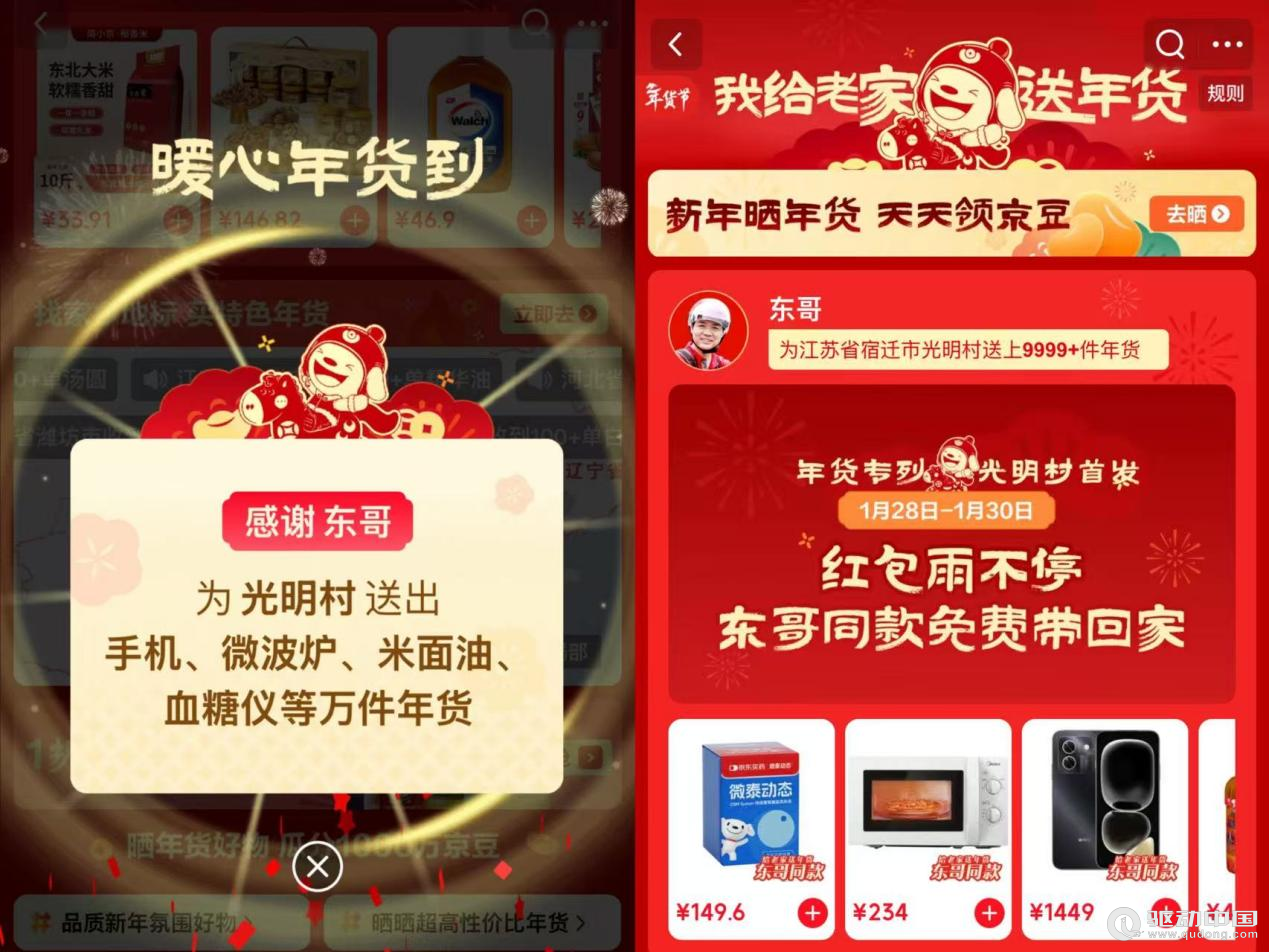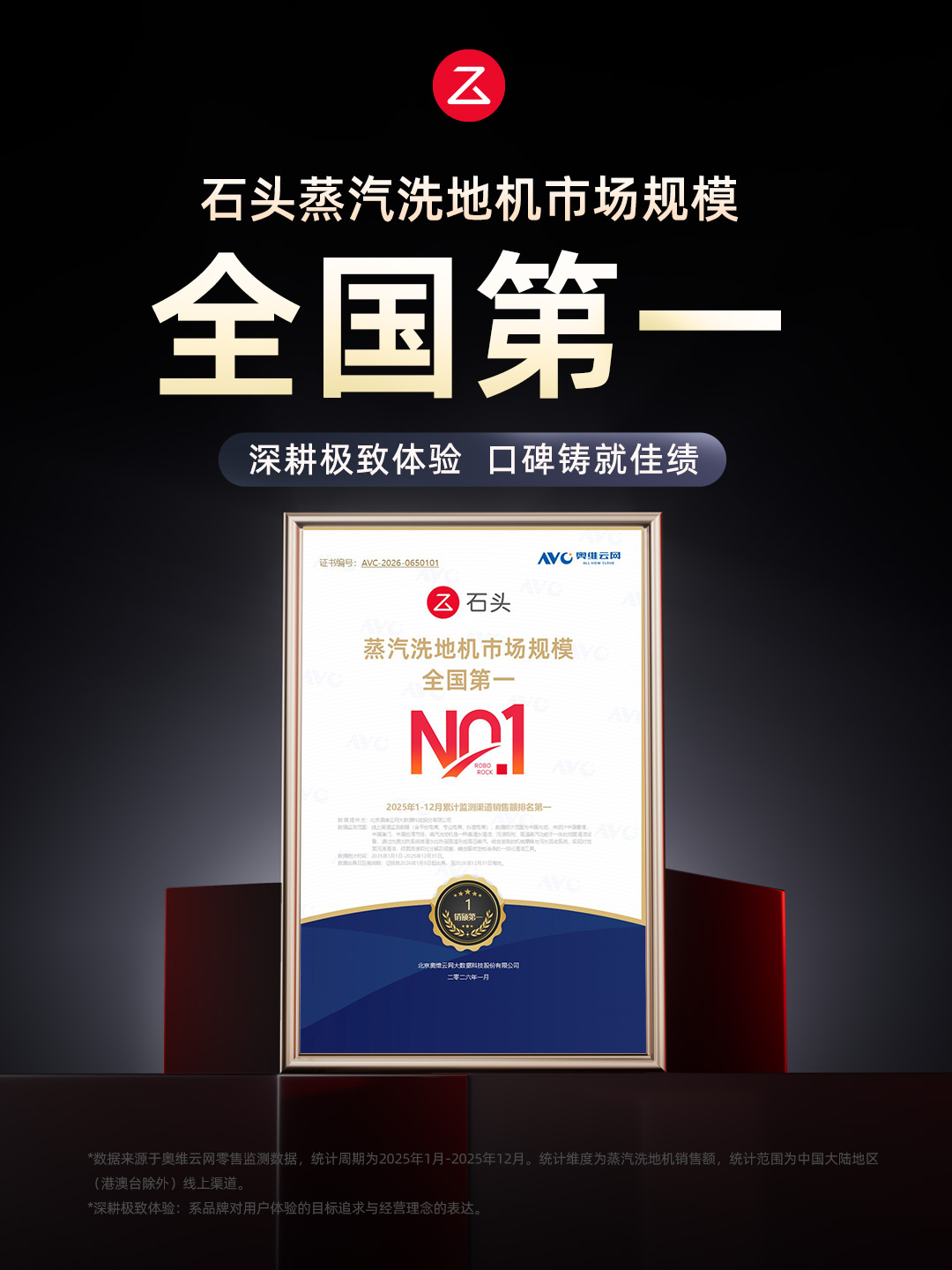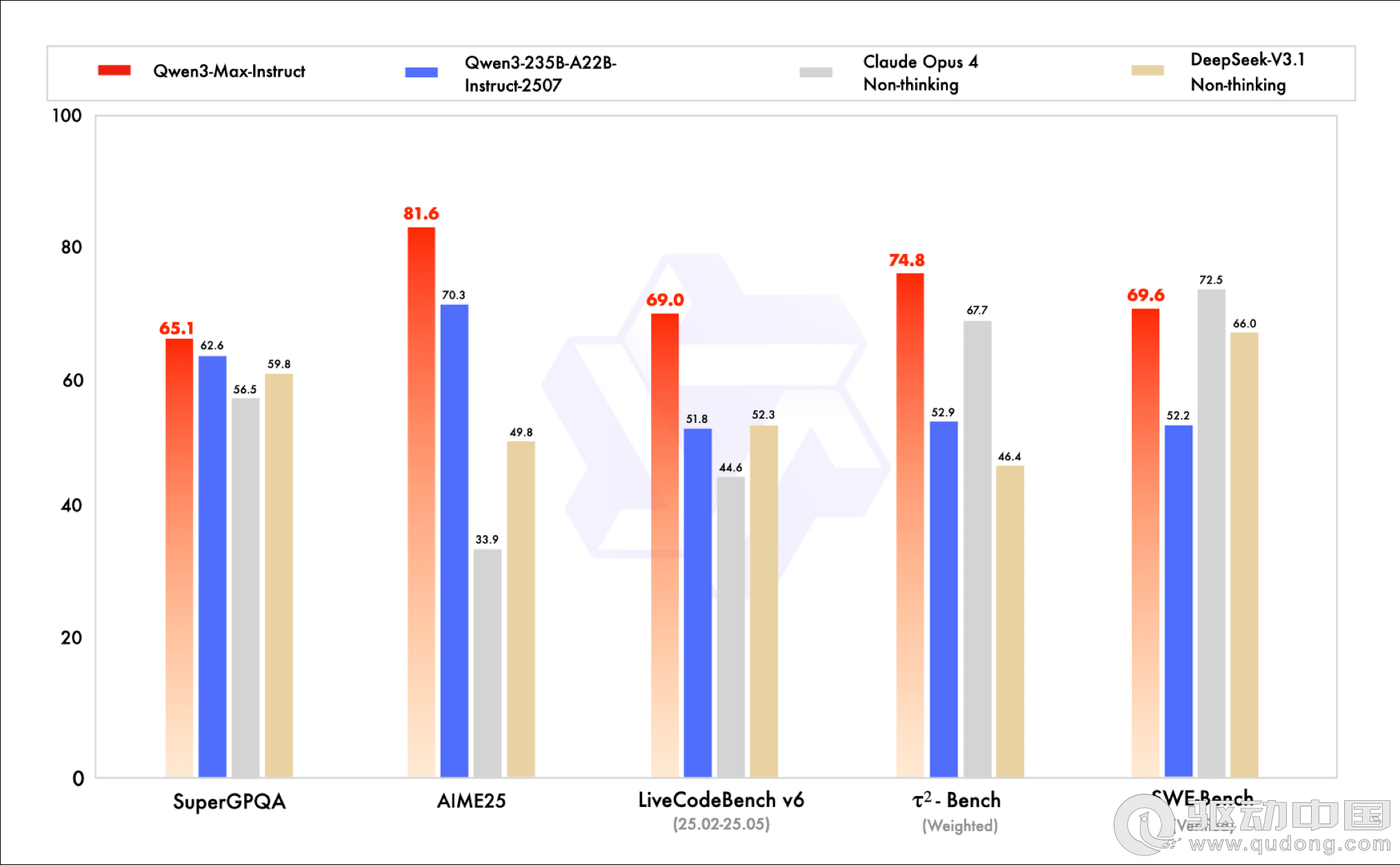一个免费的邮件列表源程序(三)
-
软件频道
编程学院
Asp/Asp.Net
asp实例
正文
Subscribe.asp
<%@ Language=JavaScript %>
<!--#include file = "include/SetGlobals.asp"-->
<!--#include file = "include/DBPath.asp"-->
<%
// output relevant meta tags
Init( "Subscription" );
// output common top of page
Header( '<a href="work.asp">Work</a> --> Subscription', 3 );
// output page content
Content ( );
// output common bottom of page
Footer( );
%>
<% /* standard page elements */ %>
<!--#include file = "utils/Init.asp"-->
<!--#include file = "utils/Database.asp"-->
<!--#include file = "utils/Header.asp"-->
<!--#include file = "utils/Footer.asp"-->
<%
// ============================================
// the content of this page
// ============================================
function Content ( )
{
Out ( '<td width="20%"> </td>' );
Out ( '<td width="60%">' );
// if the form has an email address, validate it first
// so that if it fails we can show the form to fix
var sEmail = "";
var bSubmitted = (Request.Form.Count > 0);
// has the form been submitted?
if ( bSubmitted )
{
// get the email address from the form...
sEmail = "" + Request.Form ( "email" );
// validate the email address and moan if it fails
if ( !IsValidEmail ( sEmail ) )
{
Out ( '<h5><font color="red">"' + sEmail + '" <i>appears</i> to be an invalid email address - please try again!</font></h5>' );
Out ( '<p><font color="red">If you disagree, please <a href="Contact.asp">contact me</a> directly.</font><p>' );
// pretend the form hasn'\t been sent yet
bSubmitted = false;
}
}
// show the form if not submitted yet
if ( !bSubmitted )
{
Out ( 'If you\'re interested in hearing whenever a new article is posted, or an existing one is updated, type in your email address below and hit <b>Subscribe!</b>' );
Out ( '<p>Whenever you want to stop receiving my emails, guess what? That\'s right, enter your email address and hit <b>Unsubscribe</b>...' );
Out ( '<p><i>Your email address will never sold to or otherwise used by any third party, just me.</i>' );
// here's the form tag. the action attribute is the name of
// the file that will be called with the answer - in this case
// it's the same page. the method can be "post" to send the
// form data 'behind the scenes' or "get" to appending the
// data to the URL in the style page.asp?data1=a&data2=b
//
// use post most of the time - it's neater and "get" is limited
// in the amount of data that can be sent.
Out ( '<center><form action="Subscribe.asp" method="post">' );
// another table to line up the titles and inputs #p#分页标题#e#
Out ( '<table border="0" cellpadding="0">' );
Out ( '<tr><td align="right" valign="top">' );
Out ( 'Email:' );
Out ( '</td><td align="left" valign="top">' );
// a simple text box. we'll reference it with the name "name"
// and show 22 characters on the form. use the maxlength
// attribute to set the maximum characters they can enter.
// use value="some text" to pre-fill the input with data.
//
// IMPORTANT! using names that are commonly used by
// other web sites has a big advantage to the user - IE
// will drop down a list of previous answers, which they
// can usually pick from rather than type in. Think about this.
Out ( '<input type="text" name="email" size="31" value="' + sEmail + '"></input>' );
Out ( '</td></tr>' );
Out ( '<tr><td align="right" valign="top">' );
Out ( ' ' );
Out ( '</td><td align="left" valign="top">' );
// type='submit" provides a submit button to perform the
// form action. the button says "Submit" unless you override
// with the value attribute.
Out ( '<input type="submit" name="action" value="Subscribe"></input> <input type="submit" name="action" value="Unsubscribe"></input>' );
Out ( '</td></tr>' );
Out ( '</table>' );
Out ( '</form></center>' );
}
else
{
var sAction = "" + Request.Form ( "action" );
if ( sAction == "Subscribe" )
AddEmail ( sEmail ) ;
else
RemoveEmail ( sEmail );
Out ( '<p>' );
}
Out ( 'Do you want to see how this form adds and removes addresses to my database? All the source code is just a click away!' );
Out ( '<p><center><a href="ShowSource.asp? page=Subscribe"><img src="images/source.gif" border=0></a></center>' );
Out ( '<p>In <a href="MailToList.asp">Part 2</a> see how I wrote a form to mail all my subscribers...' ); #p#分页标题#e#
Out ( '</td>' );
Out ( '<td width="20%"> </td>' );
}
// ============================================
// validate email address
// ============================================
function IsValidEmail ( sEmail )
{
// regular expression courtesy of ed.courtenay@nationwideisp.net
// I won't even pretend that I've read through this yet!
if ( sEmail.search ( /\w+((-\w+)|(\.\w+)|(\_\w+))*\@{2,5}/ ) != -1 )
return true;
else
return false;
}
// ============================================
// add email to database
// ============================================
function AddEmail ( sEmail )
{
// open the connection
DBInitConnection ( );
// first see if they are already subscribed
var sSQL = 'SELECT Email FROM MailingList WHERE Email="' + sEmail + '";';
DBGetRecords ( sSQL );
if ( !oRecordSet.EOF )
{
Out ( '<h5><font color="red">' + sEmail + ' is already subscribed to my mailing list!</font></h5>' );
return;
}
// this section needs more work - what should be done is that an email is
// sent to the email address, and only added to the database when we
// get a reply. that way we know the address is valid and the recipient
// really wants to join the list. for now though, we'll add to the db now.
sSQL = 'INSERT INTO MailingList (Email) VALUES ("' + sEmail + '");';
oConnection.Execute( sSQL );
// free the connection
DBReleaseConnection ( );
Out ( sEmail + ' has been successfully subscribed to my mailing list. ' );
Out ( '<p>You will now receive an email whenever I write new articles, or if I make an important update to any.' );
Email ( 'Joined the ShawThing mailing list', sEmail, 'You have successfully subscribed to the mailing list at ShawThing. If you didn\'t request this please reply to this email, or visit http://www.shawthing.com/subscribe.asp to unsubscribe.\n\nThank you.\n\nJames Shaw\nhttp://www.shawthing.com/' );
}
// ============================================
// remove email from database
// ============================================
function RemoveEmail ( sEmail )
{
// open the connection
DBInitConnection ( );
// first see if they are already subscribed
var sSQL = 'SELECT Email FROM MailingList WHERE Email="' + sEmail + '";';
DBGetRecords ( sSQL );
if ( oRecordSet.EOF )
{
Out ( '<h5><font color="red">' + sEmail + ' isn\'t subscribed to my mailing list!</font></h5>' );
return;
}
// delete from the database
sSQL = 'DELETE FROM MailingList WHERE Email="' + sEmail + '";';
oConnection.Execute( sSQL );
// free the connection
DBReleaseConnection ( );
Out ( sEmail + ' has been successfully removed from my mailing list. ' );
Out ( '<p>You have been sent a confirmation email, but after that you will not receive any more emails.' );
Email ( 'Removal from ShawThing mailing list', sEmail, 'You have been successfully removed from the mailing list at ShawThing. If you didn\'t request this please reply to this email, or visit http://www.shawthing.com/subscribe.asp to re-subscribe.\n\nThank you.\n\nJames Shaw\nhttp://www.shawthing.com/' );
}
// ============================================
// email me!
// ============================================
function Email ( sSubject, sEmail, sMessage )
{ // send an email to the address just to confirm what just happened
var oMail = Server.CreateObject ( "CDONTS.NewMail" );
// setup the mail #p#分页标题#e#
oMail.From = 'DB@shawthing.com';
oMail.To = sEmail;
oMail.Importance = 1;
oMail.Subject = sSubject;
oMail.Body = sMessage;
// send it
oMail.Send ( );
// release object
oMail = null;
}
%>
utils/Database.asp
<%
// globals
var oConnection;
var oRecordSet;
var sConnection;
// ============================================
// example usage:
// DBInitConnection ( );
//
// var sSQL = "SELECT * FROM Somewhere";
//
// DBGetRecords ( sSQL );
//
// ...use oRecordSet
//
// DBReleaseRecords ( ); // optional step
//
// DBReleaseConnection ( );
// ============================================
// ============================================
// initializes database variables for first use on page
// ============================================
function DBInitConnection ( )
{
// don't open it again if already opened!
if ( sConnection != undefined )
return;
// get connection object
oConnection = Server.CreateObject( 'ADODB.Connection' );
// get the database connection string
// use MapPath to make relative path into physical path
sConnection = 'Provider=Microsoft.Jet.OLEDB.4.0; Data Source=' + Server.MapPath ( sDBPath );
// open the connection
oConnection.Open( sConnection );
// as an attempt at optimization we now open
// the recordset here, not in DBGetRecords()
oRecordSet = Server.CreateObject ( 'ADODB.Recordset' );
}
// ============================================
// tidies up after DBInitConnection
// ============================================
function DBReleaseConnection ( )
{
// don't release the connection if not connected!
if ( sConnection == undefined )
return;
// as an attempt at optimization we now close
// the recordset here, not in DBReleaseRecords()
if ( oRecordSet.State != 0 )
oRecordSet.Close();
oRecordSet = undefined;
oConnection.Close();
oConnection = undefined;
sConnection = undefined;
}
// ============================================
// executes the passed in SQL statement
// and returns the oRecordSet object
// ============================================
function DBGetRecords ( sSQL )
{
// remember that this can fail if passed garbage, and hence
// 'oRecordSet' will already be 'closed'
oRecordSet = oConnection.Execute( sSQL );
}
// ============================================
// tidies up after DBGetRecords
// ============================================
function DBReleaseRecords ( )
{
// IMPORTANT: THIS FUNCTION INTENTIONALLY BLANK
// as an attempt at optimization we now open/close
// the recordset with the connection, not separately
// so all code was moved to DBReleaseConnection.
// it is recommended that you still call this function as soon
// as the recordset is finished with.
// note that it is assumed by the caller that it is legal
// to call DBReleaseConnection without calling this function
}
%>
评论 {{userinfo.comments}}
-
{{child.nickname}}
{{child.create_time}}{{child.content}}
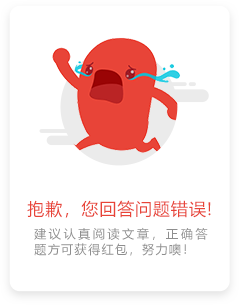

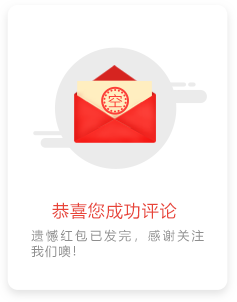



{{question.question}}
提交
活水洗地的工程拐点:从“可用”到“好用”,活水洗地如何完成关键一跃
刘强东为老家宿迁光明村村民送出万件年货
昨夜今晨:国家发改委推进两新补贴全国统一化 石头科技发布多款新品
联想moto X70 Air Pro AI手机正式发布:不止Air,有AI更Pro
驱动号 更多








